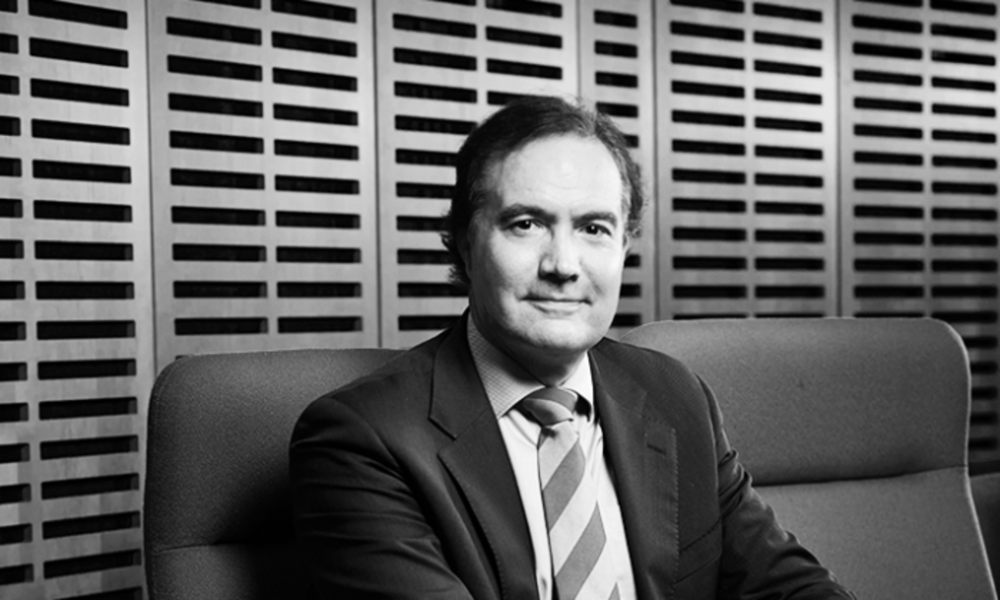The FBI’s use of outside experts to hack into terrorist Syed Farook’s phone will heighten consumers’ concerns over data privacy and cause corporations to ratchet up security measures, says Mark Skilton, a professor at England’s Warwick Business School who is an internationally recognized expert on IT security.
“I see the FBI versus Apple case has created a possible higher sense of the need for control over personal data,” says Skilton, who predicts a boom in both personal and corporate data systems for the purpose of protecting privacy. “Our privacy seems to be increasingly harder to hold on to in the digital age and is something I forecast will become a bigger issue for all citizens as they try to control and value their privacy better.”
Skilton last week had predicted the FBI might be able to unlock the phone used in the San Bernadino shootings in one of three ways: a hardware or software attack method opening the iPhone and bypassing the 256 AES encryption with access to the core data or cache; intelligence from telecoms that might have intercepted the data; or surveillance of people and devices the Farooks might have communicated with.
The FBI’s announcement of its successful phone hack and withdrawal of its suit against Apple also stirred privacy concerns in Congress. Darrell Issa (R-CA), chairman of the Subcommittee on Courts, Intellectual Property, and the Internet, expressed relief that the court action had ceased, but said a fundamental question remained about government access to personal information.
“This lawsuit may be over, but the Constitutional and privacy questions it raised are not,” said Congressman Darrell Issa in a statement released yesterday. “Those worried about our privacy should stay wary. Just because the government was able to get into this one phone does not mean that their quest for a secret key into our devices is over.”
Skilton warned that the turn of events could only intensify threats to cyber-security, already growing at 66% annually.
“The issue now is whether this has resolved anything or whether it has simply created a scenario where, ‘If we can get round your defense, then that is OK’ appears to be acceptable,” Skilton says. “The caveat is that this is for legal purposes only and has been designed to obtain data for anti-terrorism purposes. However, companies will need to continue to address cyber-security as a top priority as we live in an era where we are always connected.”
The Warwick Business School, whose MBA program was ranked first in England by The Economist last year, is renowned for its research in the area of industrial relations.








